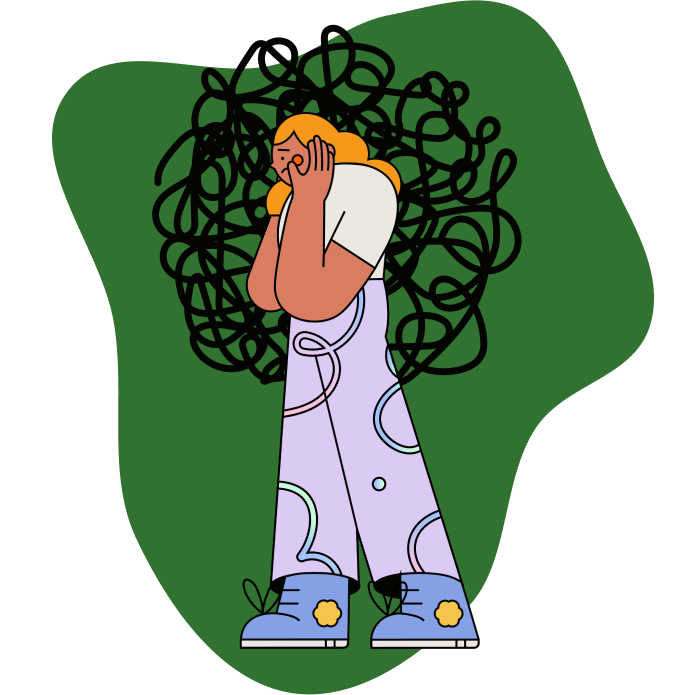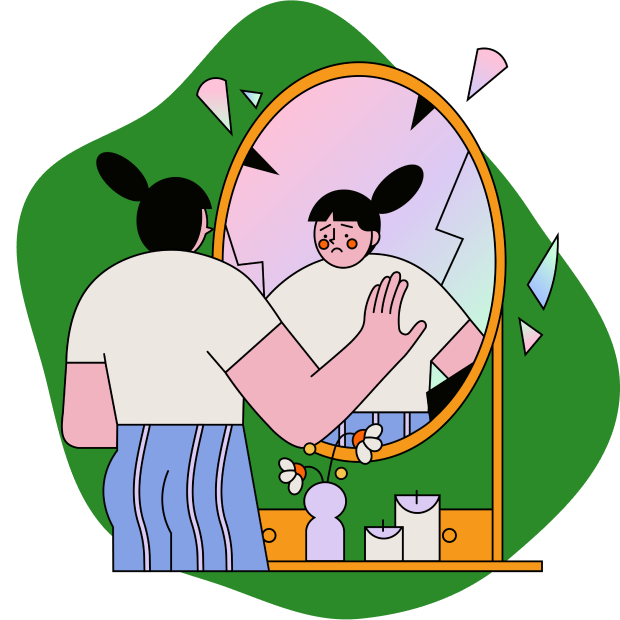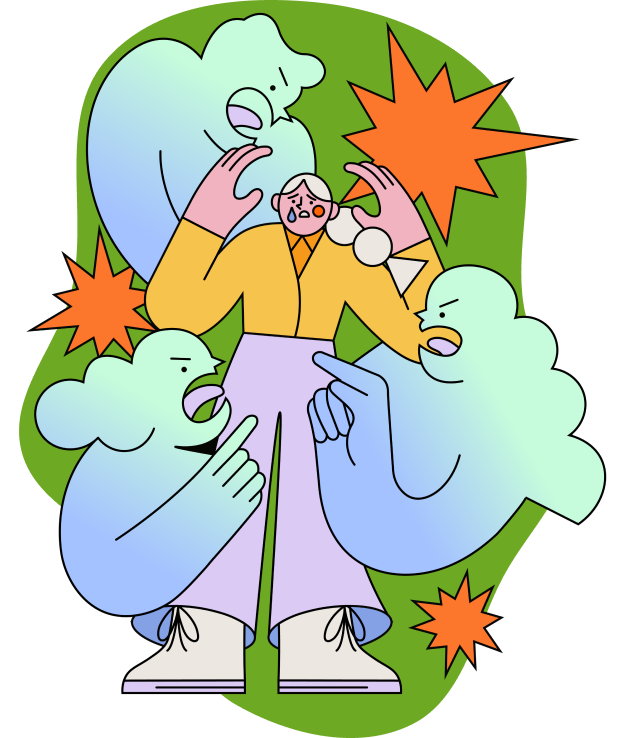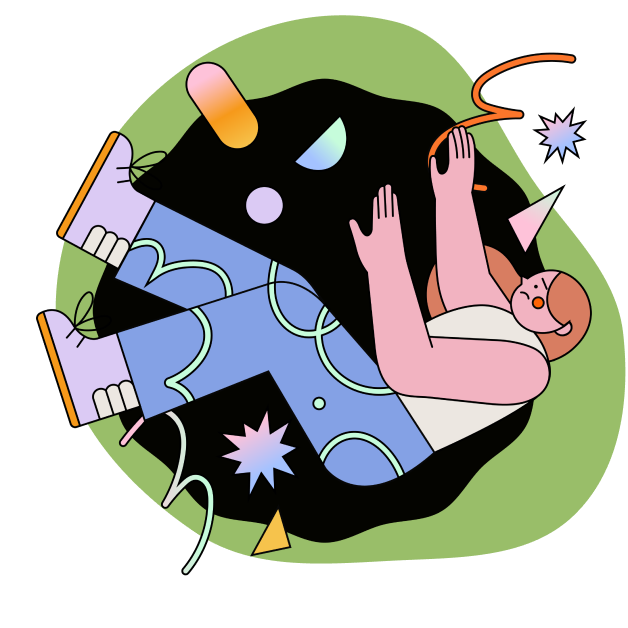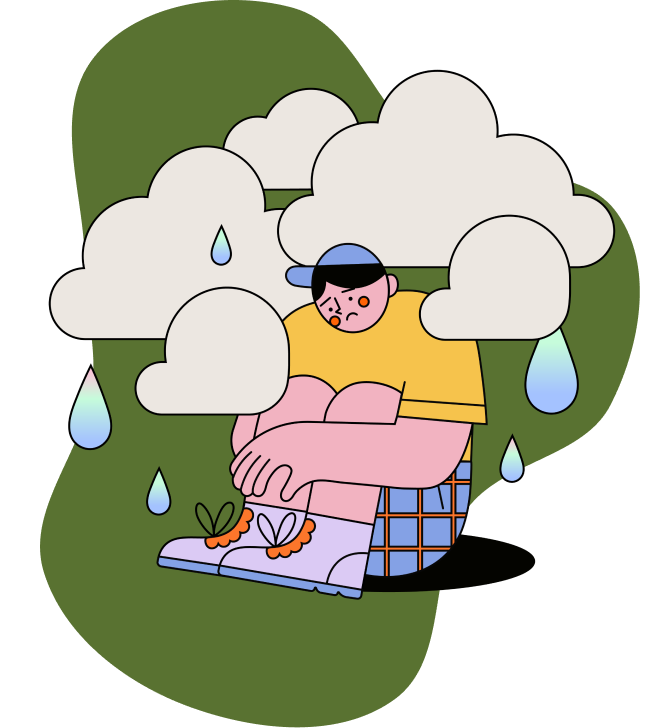
Depression
Depression is characterized by persistent feelings of sadness, hopelessness, and a loss of interest or pleasure in activities that were once enjoyable. It can affect various aspects of life, including sleep, appetite, energy levels, concentration, and self-esteem.
Common
Symptoms
- Persistent sadness
- Emptiness
- Loss of interest
- Changes in weight or appetite
- Sleep disturbances
- Lack of energy
- Recurrent thoughts of death or suicide
Potential Causes
- Genetics
- Trauma
- Negative thinking patterns
- Low self-esteem
- Certain medical conditions
Available Treatment Options
- Psychotherapy
- Medication
- Lifestyle Changes
- Support Network
